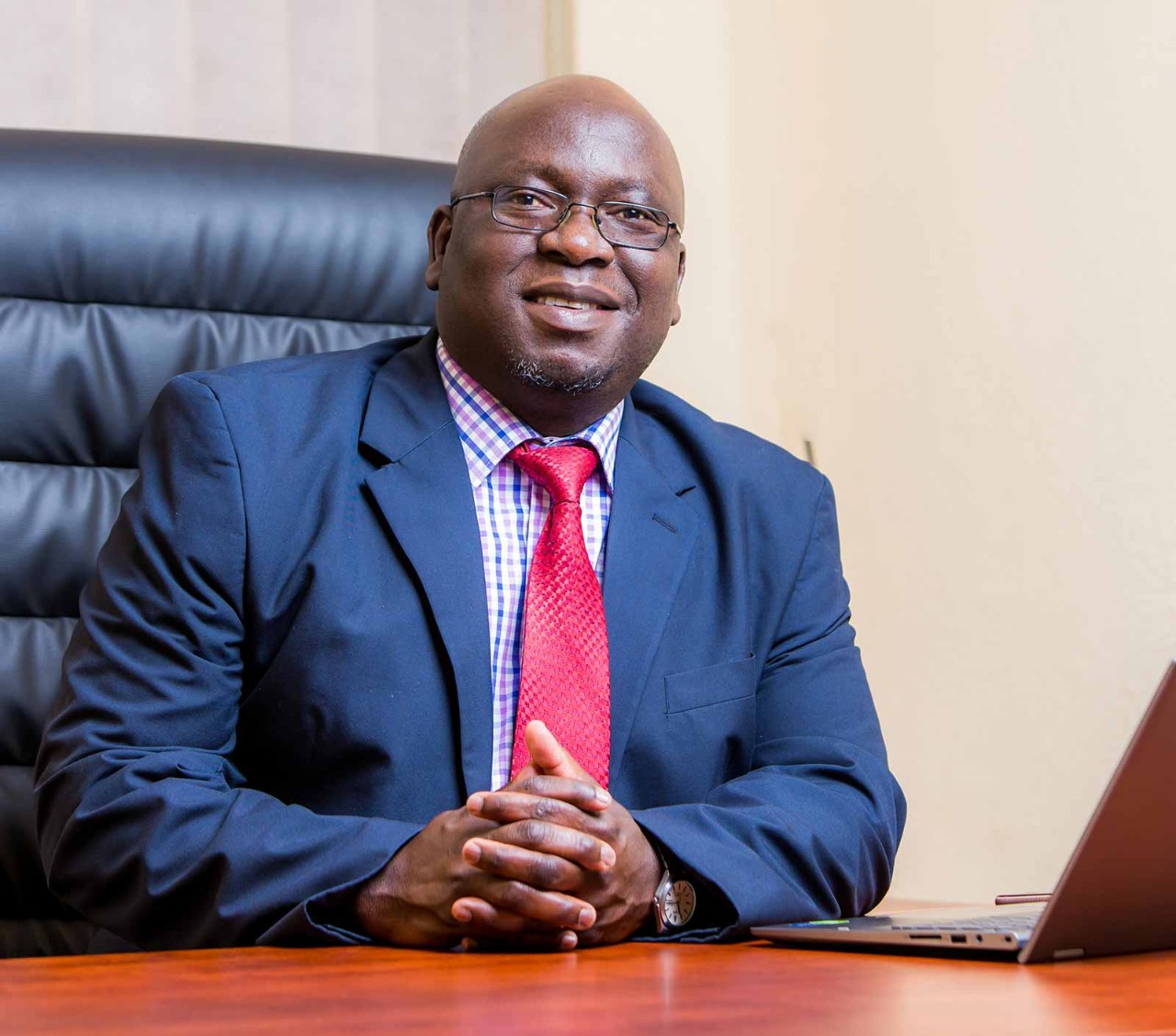
Accountants can play a significant role in breaking down trade barriers between African countries and joining up key elements of the continent’s economy by leveraging their superconnector abilities.
This is the key conclusion of a new report, Journey to AU2063: Professional Accountants Empowering the AfCFTA Agreement, which examines the critical role that accountants might play in implementing the African Continental Free Trade Area (AfCFTA) agreement. The trade agreement is a central plank in the African Union’s Agenda 2063, the plan drawn up by continental leaders to develop Africa into a ‘global powerhouse’ over the next 40 years.
Boosting intra-continental trade is essential to achieving Agenda 2063’s aims. African trade with the outside world rose to US$1 trillion in 2021, while trade between African countries has been in decline since 2019 and amounted to just US$170bn in 2021. South Africa alone accounts for a quarter of all intra-continental trade, amounting to nearly US$35bn; other member states can muster barely a fraction of that figure.
According to the report, co-compiled by ACCA and the Pan African Federation of Accountants (PAFA) and launched online in late November, key barriers to intra-continental trade must be overcome. The profession, it says, is well placed to connect significant stakeholder groups across African economies, which the report refers to as ‘ecosystems’ – such as politics and policy, institutions, business, professional services, finance and trade.
Skills and knowledge
Researchers for the report polled 1,600 practitioners in 22 professional accountancy organisations in Africa to uncover the role finance professionals might play in overcoming these barriers. They found a ‘concerningly low level’ of active participation in, and knowledge of, AfCFTA.
If accountants are to optimise the benefits of the trade deal, the report continued, they need better knowledge of AfCFTA and its impact. They will need to learn more about technology and get involved in the advocacy of trade policies at the national level.
The report states: ‘To enable accountancy and finance professionals to play a multifaceted role, they must develop both the technical and soft skills they will need to break both finance and non-finance barriers to trade across ecosystems.’
The Pan African Payment and Settlement System offers the prospect of efficient cross-border money transfer
Obstacles
Numerous barriers to trade are highlighted by the report. The largest by far is political conflict and the associated security risk (eg terrorism threat), identified as a key obstacle by 54% of survey respondents. ‘From disrupting societal peace to the pressure put on foreign exchange by funding electioneering activities, political instability was flagged as a major barrier to intra-continental trade,’ the report warns.
Political instability is closely followed as a barrier by regulatory/trade policies, and a lack of information, both of which scored 50%. The next largest, at 47%, is restrictions on the movement of people.
Resolving the big three barriers will require political will. Other issues appear open to a technical solution, such as the limitations of payment systems. Currently, payments across Africa are routed outside the continent, causing problematic time lags, but the introduction of the Pan African Payment and Settlement System (PAPSS) offers the prospect of efficient money transfer across African borders.
Banking culture presents a further issue. Nigeria, for example, has the highest banked population in Africa at 45%. But a daunting 36% of the country’s adult population remains outside the financial system.
Power and influence
Many respondents believe professional accountancy organisations could do more to move things forward, and 66% say that legislation needs to change if the accountancy sector is to do more. Nearly three-quarters (71%) agree or strongly agree that upskilling opportunities exist for accountancy and finance professionals in supporting business and trade. More than half, 57%, agree or strongly agree that professionals are already ‘playing an important role’ in smoothing the way for cross-border trade.
The report suggests that accountants could have more influence if they engage more in policy advocacy and help politicians understand the short, medium and long-term implications of government decision-making. Defining the economic impact of AfCFTA for politicians looking to pass the deal’s central elements through local legislation could also add to their clout.
Skills are a crux area where accountants could make changes
Accountants could help spread knowledge about AfCFTA by collaborating with PAFA, as well as with trade associations and chambers of commerce at the national level. They could also create information channels for leading industry sectors, while those serving on boards could argue for regulatory intervention to support the pan-African payment and settlement system.
Skills are a crux area where accountants could make changes, according to the report. Accountancy bodies could upgrade their syllabuses and their CPD requirements.
PAFA could also collaborate with local and global partners on the pooling of training materials, and there are opportunities to strike mutual recognition deals on professional qualifications, as well as projects to harmonise audit and accounting standards across the region. ‘The goal is to eliminate contradictions and foster complementarity to enable consolidation of multinational financial statements,’ the report says.
Agenda 2063 has grand ambitions for Africa but achieving them will take a great deal of work. Getting there will require accountants to up their game and forge the links necessary for economic transformation.
More information
Earn two units of CPD by listening on demand to the report launch webinar, where expert speakers discussed how accountants and finance professionals can empower the AfCFTA



